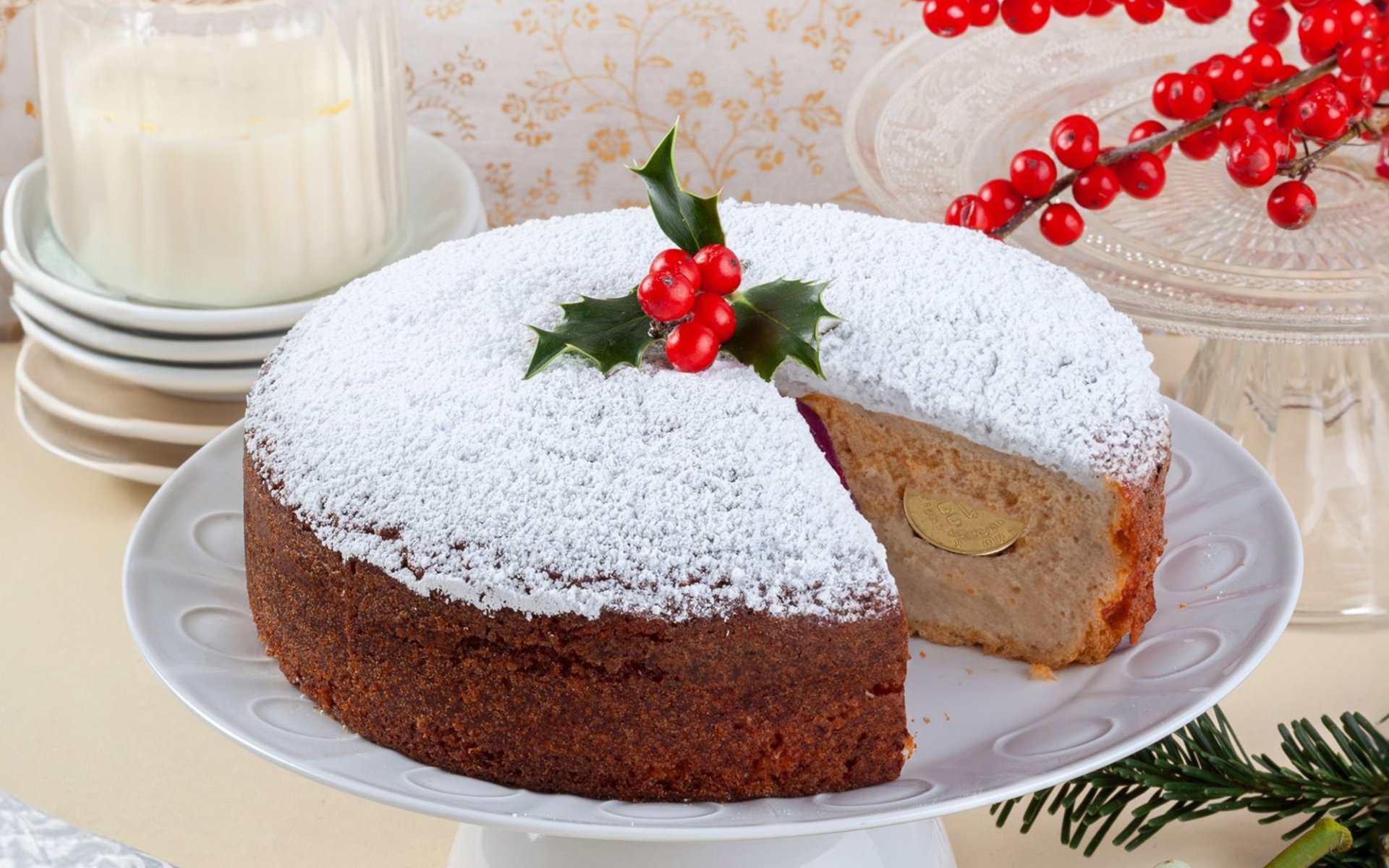St. Basils Cake

On the first day of the New Year, January 1st, a highly popular tradition among Greeks is to play a game of finding hidden coins and trinkets inside St. Basils Cake, also known as Vasilopita. This cake was originally made by Saint Basil to help the poor in ancient times. Today, Rimping Supermarket invites you to delve into the story behind this deeply meaningful tradition.
Origins from Compassion: The Story of Saint Basil
The origin of St. Basils Cake dates back to around the 4th century in the city of Caesarea, Cappadocia (currently within the territory of Turkey). According to legend, during that time, the Emperor levied heavy taxes on the people of Caesarea. These taxes were a severe burden for the already impoverished citizens. Many people had to trade their possessions, jewelry, and other inheritances to avoid imprisonment, making their lives even more difficult.
When Saint Basil, who was the Archbishop of Caesarea, learned of these events, he bravely stood up to protect his people, urging the Emperor to repent without fear. Due to Saint Basil's widespread reverence, the Emperor agreed to abolish the taxes and ordered the tax collectors to hand over all the chests containing the coins and trinkets that the citizens of Caesarea had paid as taxes to Saint Basil, so he could return them to the people.
However, upon receiving the coins and trinkets, Saint Basil faced the challenge of returning tens of thousands of items to their rightful owners, as there were too many to identify. Saint Basil solved this problem by baking the coins and trinkets into loaves of bread. He then summoned all the townspeople to the cathedral for prayer. After the service, he equally distributed the baked bread to all the townspeople. The citizens were overjoyed and thanked Saint Basil, who had helped them escape poverty.
A Tradition of Celebration and Fortune
Therefore, to commemorate Saint Basils love and compassion for the townspeople, on January 1st, New Year's Day each year (which marks the date of Saint Basils death in 379 AD), the tradition of baking St. Basils Cake and playing the game of finding coins and trinkets emerged. This tradition serves as a reminder of Saint Basils generosity and a symbol of good luck for the coming New Year.
After baking, the cake is cut, with portions designated for Jesus Christ, the Virgin Mary (Mother of Jesus), and Saint Basil. The remaining cake is then divided among family members and visiting guests. The piece designated for Saint Basil is given to the less fortunate. It is also believed that whoever finds the coin or trinket in the cake will receive blessings and good fortune throughout the year. Before cutting the cake, the head of the household or the eldest family member typically makes a sign of the cross over the cake as a blessing before slicing it.
Evolution and Current Popularity
Over the centuries, the tradition of baking St. Basils Cake has gained widespread popularity, especially in Greece, where new recipes have been developed. These often incorporate flavors like orange zest, various spices, almonds, and other nuts, creating diverse and unique tastes.
Currently, the baking and sharing of St. Basils Cake continue to be popular, forming a part of celebrations that express the generosity of people within families, among friends, and throughout communities. As New Year's Day arrives, everyone eagerly anticipates eating St. Basil's Cake and participating in the game together. This tradition fosters joy and strong bonds among people in many Eastern European countries and the Balkan Peninsula.


